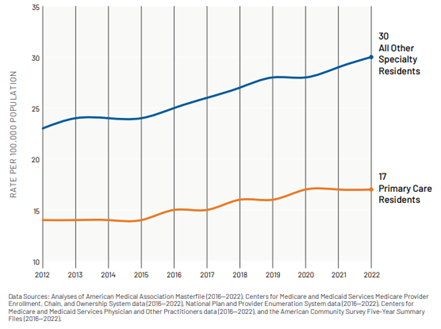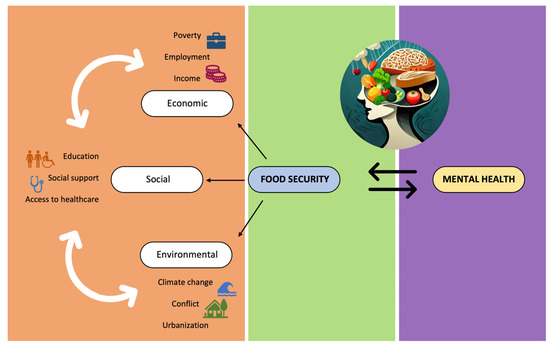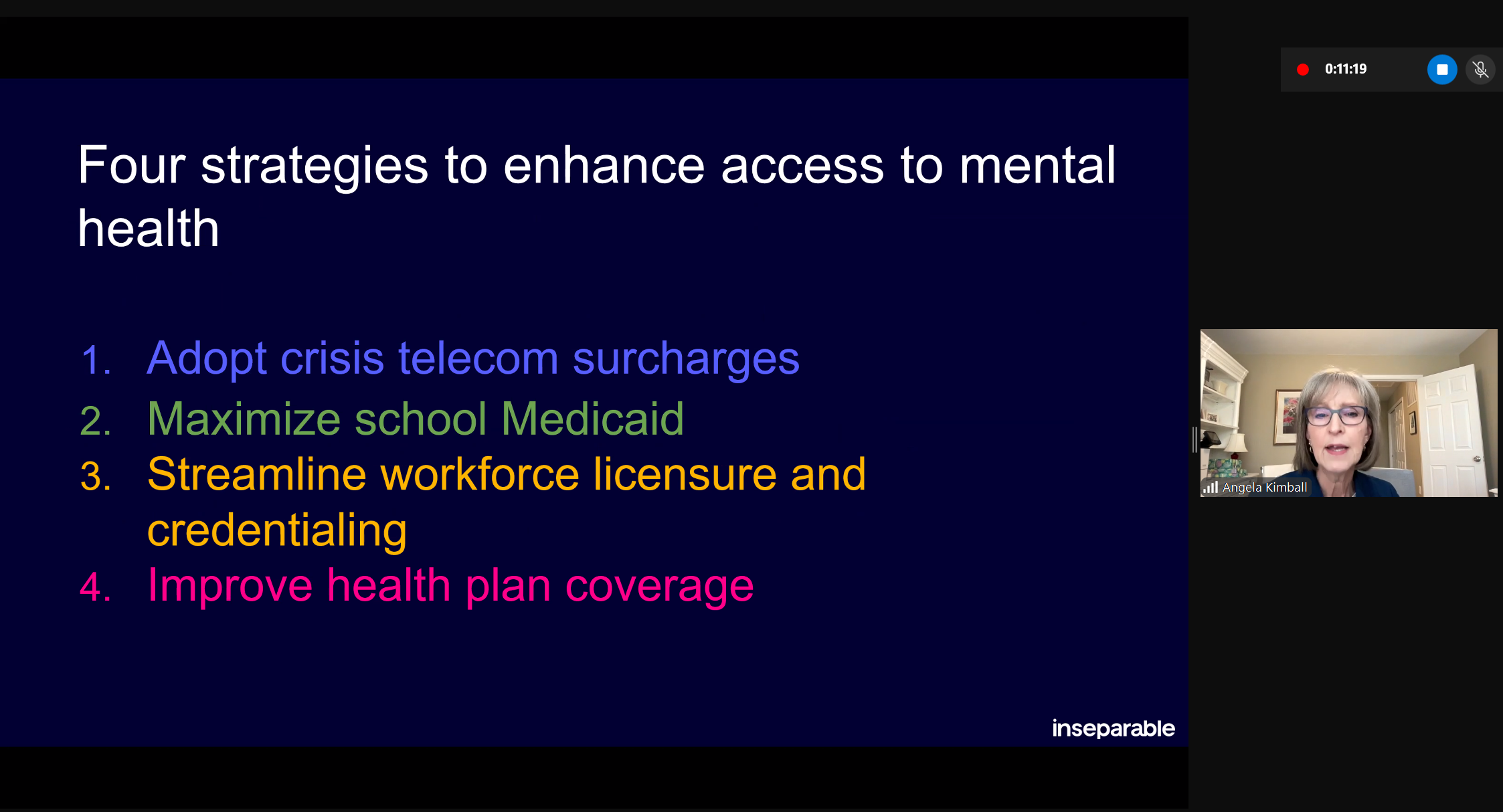On behalf of the nation’s Governors, we welcome the opportunity to provide Congress with our priorities as your respective committees continue to craft and consider the Fiscal Year 2024 (FY24) appropriations bills.
The Honorable Patty Murray
Chair
Senate Committee on Appropriations
Capitol Building S-146A
Washington, DC 20510
The Honorable Kay Granger
Chair
House Committee on Appropriations
1036 Longworth House Office Building
Washington, DC 20515
The Honorable Susan Collins
Vice Chair
Senate Committee on Appropriations
Capitol Building S-128
Washington, DC 20510
The Honorable Rosa DeLauro
Ranking Member
House Committee on Appropriations
1036 Longworth House Office Building
Washington, DC 20515
Dear Chair Murray, Chair Granger, Vice Chair Collins, and Ranking Member DeLauro:
As Co-Chairs of the National Governor Association’s Community Renewal Task Force, we welcome the opportunity to provide you with our priorities as your respective committees continue to craft and consider the Fiscal Year 2024 (FY24) appropriations bills.
In 2021, NGA adopted task forces as a more streamlined, Governor-driven approach to formulate and execute on federal policy matters that are priorities to Governors. The three task forces — Community Renewal; Public Health and Disaster Response; and Economic Development and Revitalization — work in a bipartisan fashion to coordinate NGA’s work on federal policy issues.
The Community Renewal Task Force has jurisdiction over issues in the areas of Labor and Workforce Development, Career and Technical Skills, PreK-12 Education, Postsecondary Education, Criminal Justice, Housing, and Agriculture. Congress has been an instrumental partner for states and territories in funding efforts to address academic recovery, support workforce development and job creation, and revitalize communities that were impacted by the pandemic. Therefore, as you look toward Fiscal Year 2024’s appropriations process, NGA requests that you prioritize the following funding efforts in support of:
- All programs under the Every Student Succeeds Act (ESSA) and Individuals with Disabilities Education Act (IDEA) – Recent increases to ESEA Title I Grants and IDEA Part B Grants to States are welcomed by Governors and we encourage continued support for these vital programs. Governors are focused on increasing K-12 funding, expanding educator recruitment and retention efforts, supporting the physical and mental health needs of students and staff, and academic supports. For these investments to be sustained beyond the authorized period of existing Covid-funding, it is important for Congress to further invest in programs such as, but not limited to, the Student Support and Academic Enrichment State Grants, 21st Century Community Learning Centers, Impact Aid, and the Supporting Effective Educator Development program.
- School Based Mental Health Services Professional Grants and the School Based Mental Health Services Grants – Students and staff face growing mental health challenges, which is why Governors were pleased that Congress increased investments to the School Based Mental Health Services Professional Grants and the School Based Mental Health Services Grants as part of the Bipartisan Safer Communities Act (BSCA). These programs enable states and territories to recruit, retain, and train school based mental health professionals, and provide critical mental health services to students in need. Governors urge Congress to continue its strong support for these two grant programs and build upon increases in the BSCA, while also considering ways to expand mental health supports to postsecondary institutions.
- State grants under the Perkins Career and Technical Education Act – Governors are using Perkins funding to expand dual and concurrent enrollment offerings, make computer science courses available to students of all ages, improve talent pipelines and work-based learning pathways for youth, and support many other innovative initiatives to connect skill-focused educational programs to career opportunities. These efforts help address academic recovery, achievement and high school completion, fuel innovation in schools and provide students with hands-on learning in real-world environments that better prepares them for career success. The federal funding stream for Perkins funding must remain strong to ensure youth are prepared for success in the 21st century economy and that more young adults have access to pathways to good jobs and careers.
- Pell Grants – Governors are prioritizing postsecondary affordability for students in their states or territories, and welcome Congress’ continued support for the Pell Grant program to compliment these efforts. The Pell Grant is the greatest tool at Congress’ disposal to increase postsecondary affordability for students with the greatest financial need, and Governors stand ready to implement Second Chance Pell later this year.
- State Longitudinal Data Systems & Workforce Data Quality Initiative – Governors value the federal support states and territories have received to establish and build out longitudinal data systems that help demonstrate the benefit of education and workforce programs, and that help identify the most effective investments in education and workforce programs for delivering positive participant outcomes. However, without greater investment to further support state data systems, many states and territories will continue to struggle to modernize and establish linkages between early childhood education, K-12 education, postsecondary education, and workforce data systems that are critical to understanding and improving program outcomes.
- All programs under the Workforce Innovation and Opportunity Act (WIOA) – Amid historically tight labor markets, Governors are turning to their public workforce system to coordinate with employers and bring workers off the sideline and into the workforce to fill critical job vacancies. This is especially true following the passage of the Infrastructure Investment and Jobs Act and the CHIPS and Science Act, both of which provided significant investments to support the creation of new jobs but lacked dedicated funding for the public workforce system to facilitate robust workforce training and to help recruit a more diverse workforce for infrastructure, manufacturing, and energy sector jobs. Congress should increase investment in WIOA Title programs at a level that keeps pace with inflation to help ensure States have the resources necessary to upskill workers, address critical labor shortages, increase labor force participation, expand equitable access to economic opportunity and scale proven solutions across their states.
- Funding for Apprenticeships – Governors are prioritizing Apprenticeships in their states and territories to address critical labor shortages in the trades as well as in professions and industries that historically have not utilized the apprenticeship model, such as teaching and health care. Apprenticeships open pathways to family-sustaining jobs to a more diverse workforce and Congress should continue to prioritize these investments and ensure Governors are the conduit through which any future resources for apprenticeship expansion flow. This will ensure previous investments in states and territories continue to increase the number of apprentices and spur innovation across industry sectors.
- State and Territorial Unemployment Insurance System Investment – Governors support investments to upgrade and improve state and territorial unemployment insurance systems to be more efficient in serving claimants and more resilient to economic downturns. Such investment is critical to ensure States have the resources necessary to combat unemployment fraud of all types, respond quickly to changing economic circumstances, effectively stand up any new federal unemployment compensation program in a timely manner and safeguard taxpayer dollars.
- Funding for Agriculture Programs – As Governors, we see firsthand the value of a robust agricultural economy and the important role Congress plays by investing in American agriculture and supporting our nation’s farmers and ranchers. Governors support funding for critical U.S. Department of Agriculture (USDA) initiatives such as expanding commercial agricultural export markets through the Market Access Program, the Agricultural Research Service, the National Institute of Food and Agriculture, monitoring and preventing invasive pests, species and diseases, forest management, water sustainability, and implementing conservation programs through the Natural Resources Conservation Service.
- Support for Rural America – Governors support the continued work of USDA Rural Development and request continued support for programs administered by the Rural Utilities Service, the Rural Housing Service, and the Rural Business-Cooperative Service in the pursuit of partnering with rural communities seeking to obtain federal resources. Governors urge continued investments in these and similar programs that prioritize rural prosperity and economic development.
- Funding for Affordable Housing Assistance – Governors recognize the importance of investing in affordable housing so that the workforce in their state or territory can afford to live where they work. With increased housing costs due to supply chain issues, inflation, and other challenges, programs like the HOME Investment Partnership Program (HOME) and the Housing Choice Vouchers help ensure affordable housing is available in every state and territory. Governors also strongly support continued investment in the Homeless Assistance Grants and the Housing for the Elderly and Housing for Persons with Disabilities programs, each of which play critical roles in providing housing options to the most at-risk populations.
- Grants to State, Territorial and Local Law Enforcement – Governors strongly support investments made to state and local law enforcement agencies. Funding for the programs within the Community Oriented Policing Services (COPS) Office provide states and territories with valuable resources to support a range of activities necessary to keep communities safe, including the hiring and training of law enforcement and efforts to prevent school and community violence. Governors also support funding for the Violence Against Women Act prevention and prosecution programs, the Byrne Justice Assistance Grants and the Project Safe Neighborhoods program. These programs empower Governors to identify emerging trends, proactively reduce crime in their state or territory and make communities safer.
On behalf of all Governors, we thank you for your continued support of these top NGA priorities for Fiscal Year 2024, and for focusing on funding our nation’s critical needs.
Sincerely,
Governor Albert Bryan
Territory of the United States Virgin Islands
Co-Chair, NGA Task Force on Community Renewal
National Governors Association
Governor Brad Little
State of Idaho
Co-Chair, NGA Task Force on Community Renewal
National Governors Association












